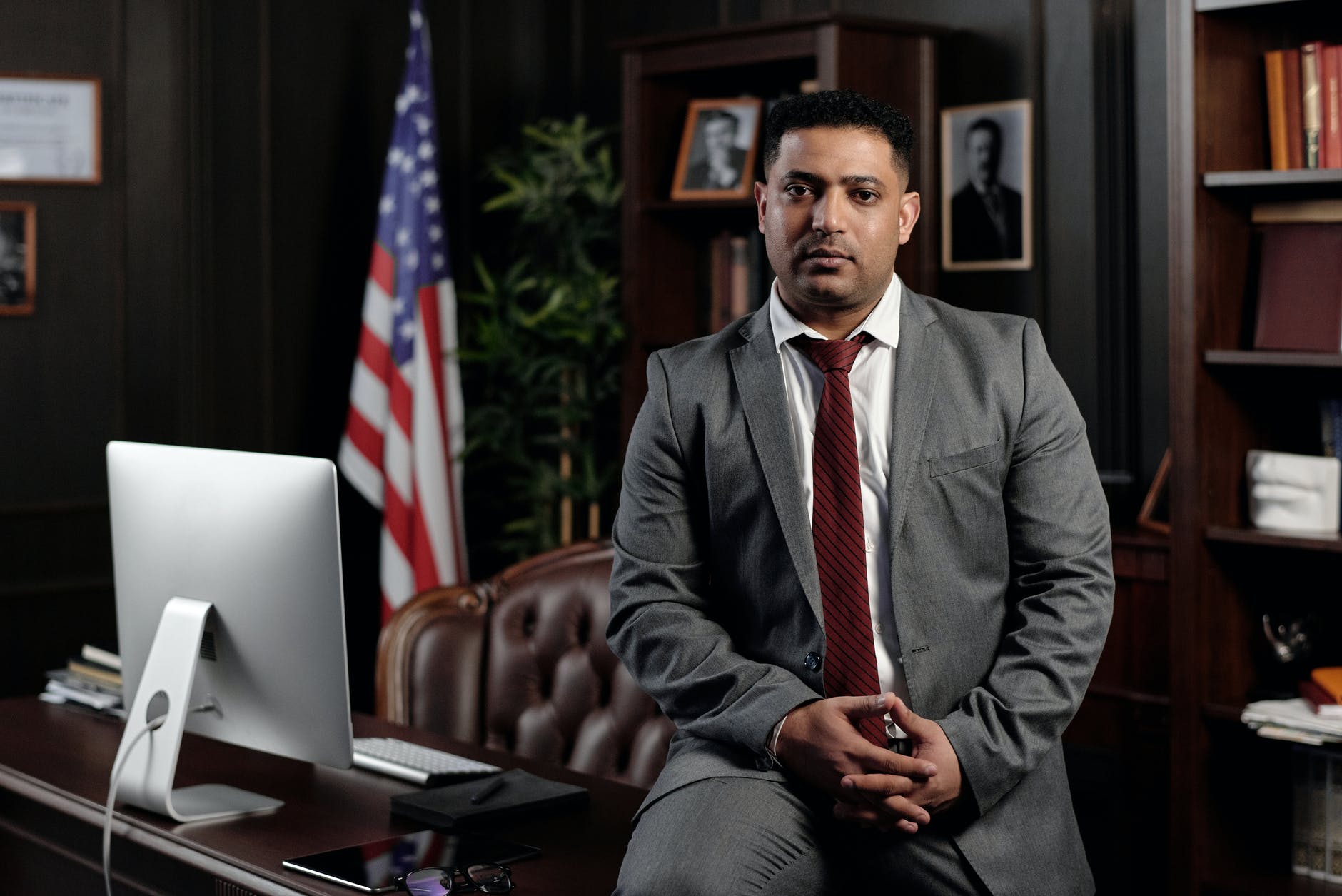A child’s only constant is school, even if their life is disrupted by a bitter divorce. This is easy to forget. Although they may have a new home, a new routine, and sometimes a new adult partner, a child still goes to school every day. They continue to learn the same lessons, see the same friends, and receive the same teachers. After a divorce, school life continues.
Primary level teachers will be the ones who see your child daily, while secondary teachers or tutors can see them in different ways. They may see them as they interact with their classmates, work in class, play sport, or on their own. Although teachers won’t want to get involved in bitter arguments or take sides, they are likely to want to help your child. Communication is essential. Communication is key. Your child won’t be the only one who has separated. The school will likely have experienced similar situations before so make use of their experience and wisdom.
Teachers have often witnessed their pupils caught up in the middle between warring parents. Parents’ evenings can become very fraught, especially if parents are unable to agree or make passive-aggressive comments in front of their children. Others may be less obnoxious, such as the mother who contacts the school to stop the father ordering their child’s photograph taken at school (although he has the right to), or the father who presses a tutor to approve of certain living arrangements.
Parents are responsible for their child’s education almost always. Unless there is an order from the court, the school can communicate with both parents and allow the child to be taken to them.
Competitive parenting, such as taking long weekend trips, can exhaust children. Having two bases can lead to problems like lost PE kit or missing reading books. For opportunistic kids, it can also make it difficult to complete homework. Parents and schools need to work together to provide the most support for children at this stage, both emotionally and practically.
These are ten tips that we have collected from secondary and primary school teachers about how to support your child and their teachers during a family law firm surrey or relationship breakup.

1. Let the school know you are leaving. Inform them about any new partners. Share with them the things you have shared with your child and what your child knows.
2. Be proportionate. Ask your school for copies of all communication to parents, including parent evening appointments. However, don’t ask them for copies from both parents. Schools cannot guarantee that staff will contact parents to let them know they have been in touch with their child, especially at secondary school.
3. Get involved. Attend as many school events and activities as possible: parents’ evenings, school plays, sports days, volunteering to take part in school trips. Do not underestimate the importance of younger children showing off their dads and feeling the comfort of them. The secondary school has a growing level of parental involvement and support. Make sure you take advantage of this.
4. Stay positive. Show your child and the teacher that you are positive. Teachers are not referees or judges.
5. Get organized. Attend school events at different times, if possible. Many plays have two performances. Parents’ evenings may have different slots. If that is impossible, you can wait in other places.
6. Be consistent. Try to keep your child following the same routines as before. Provide clear guidelines to the school: At primary age, a written schedule can be useful so that teachers know who is collecting what and when.
7. Use appropriate language. Teenagers may grow up very quickly after their parent’s divorce. Do not involve them in adult conversations or make them feel like they have to share information with staff about their parenting arrangements.
8. Be punctual. The school calendar can create stressful situations for children. Children can be anxious about Christmas because of all the festivities and preparations. Anxiety levels can only increase if you don’t know who will be coming and if there will be arguments.
9. Work together. Discuss your concerns and complaints about your child’s education with each other. Are you in agreement on this matter? Why not? If you don’t know where to start, then contact the school in person or together if possible.
10. Be mindful. Rely on the school. Ask the school for emotional support. Many schools have Emotional Literacy Support Assistants (ELSA’s), who are trained to assist children in difficult situations.





